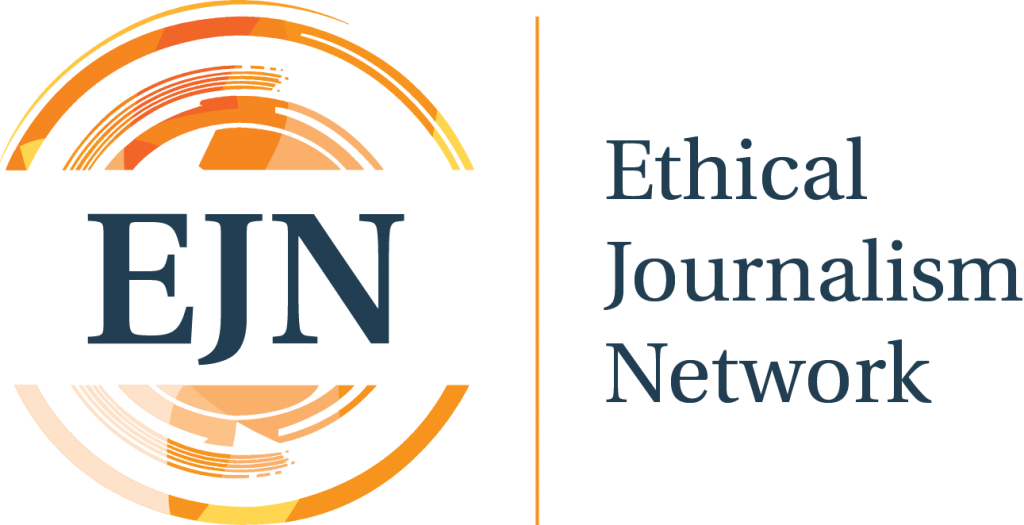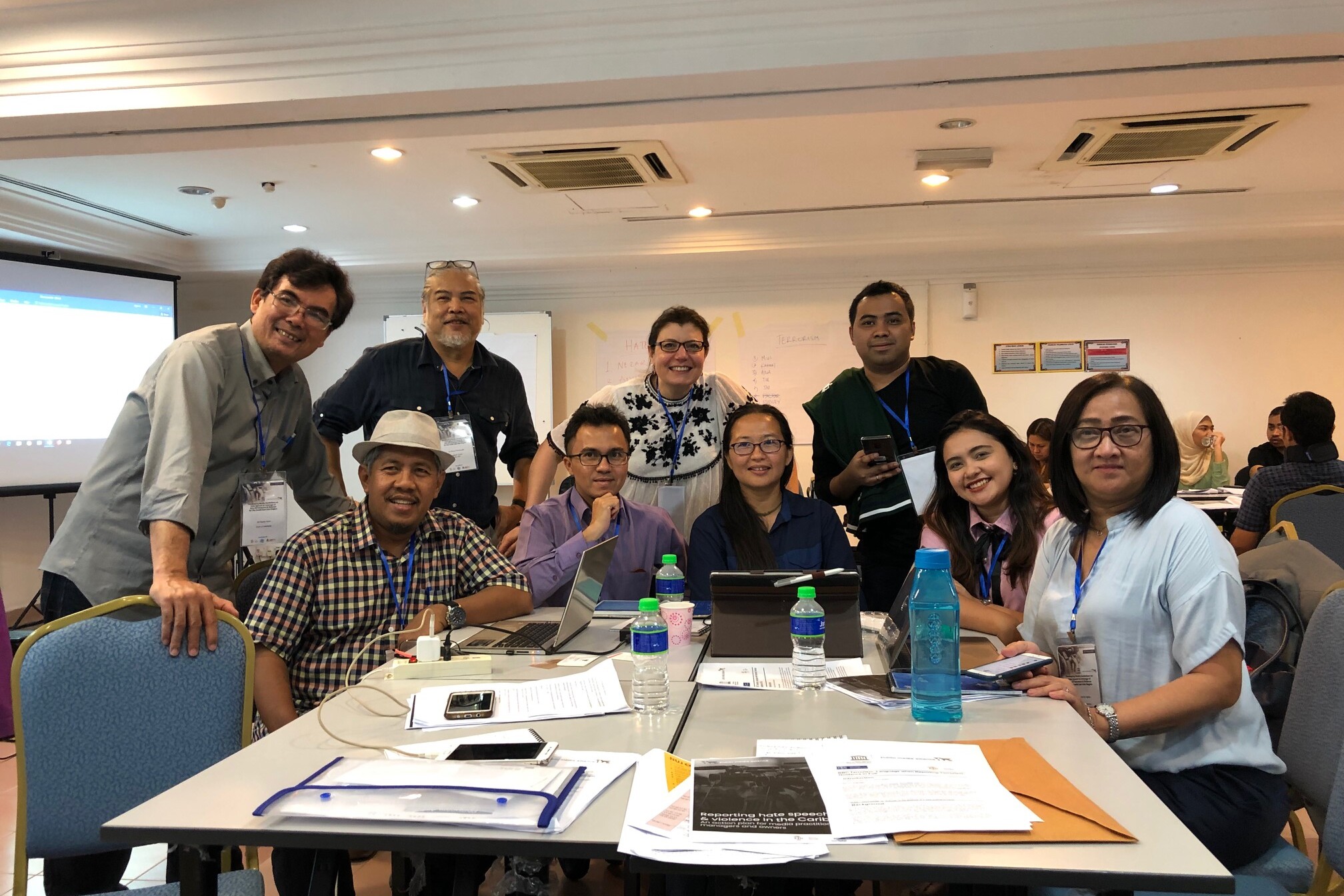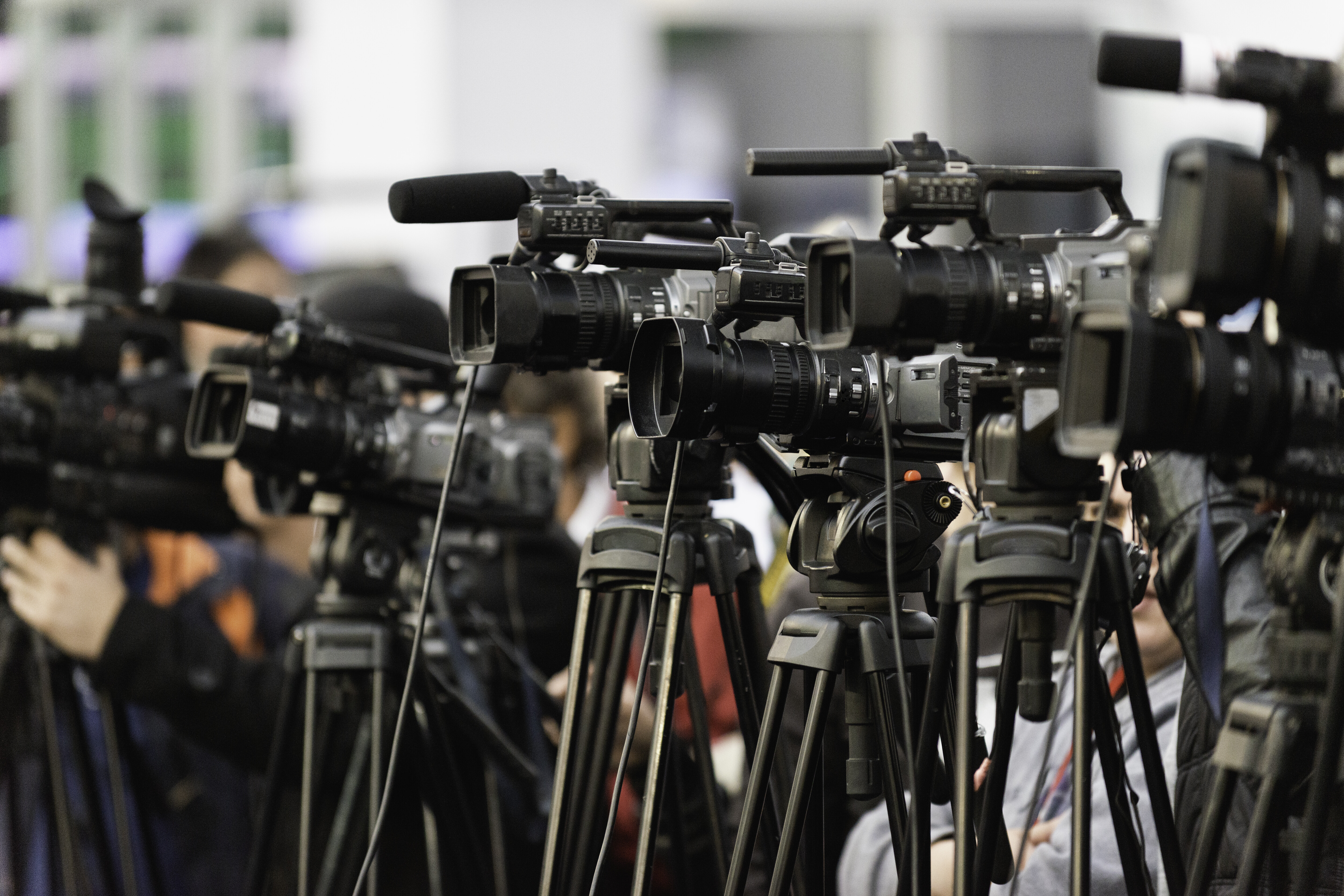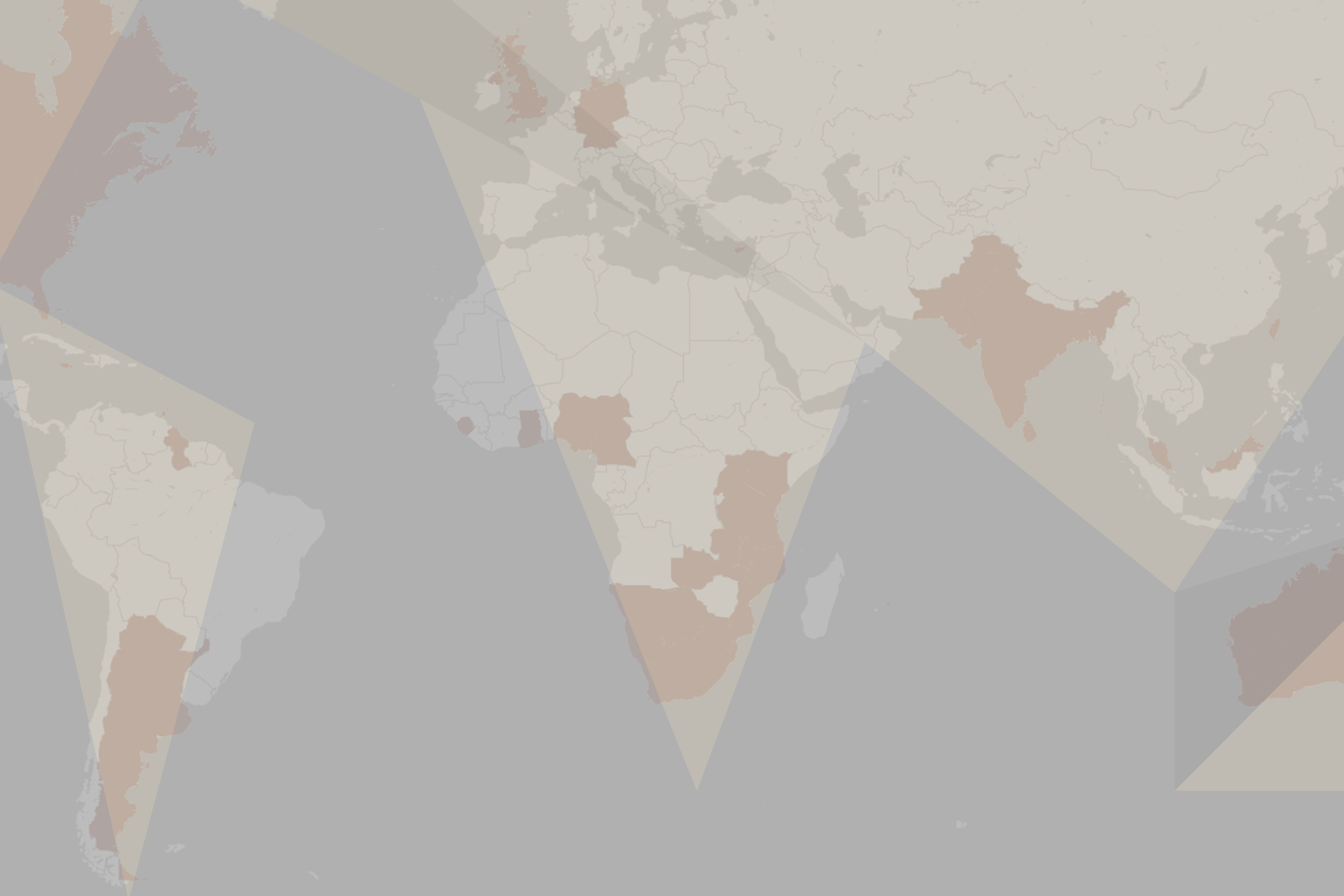By Dr Zahera Harb
The integrity of journalism is under attack. “Fake News” is a political term coined to undermine credibility and trust in Journalism. Hate speech is on the rise, fuelled in many cases by a series of fabricated and unfounded stories aimed at individuals or identified groups. It is hate aimed at the different “other”, largely in relation to race, ethnicity, religion, gender or sexual orientation.

In August 2018, I worked with some of the great minds in the media sector across the Caribbean Islands. Journalists, media managers and workers came together to produce an action plan on reporting hate speech and violence in the Caribbean.
We discussed news and media content concerns and established that disinformation, fabricated stories, lies – re-labelled as “fake news” – generate hate speech. It became evident to us that fabricated stories, presented as credible news, lead to hate speech. The relationship between the two has become symbiotic. Hate, in turn, might lead to acts of harm. We agreed that as journalists, media workers and managers, we need to equip ourselves with the ability and tools to detect hate speech, using the Ethical Journalism Network’s Hate Speech Five-Point Test as an example.
Journalism as an institution operates differently in different parts of the world and in different cultural contexts, hence, the ethics of journalism might have a different emphasis and variations on what matters to one nation or another. However, accuracy, accountability and building trust are three values, that we in the Ethical Journalism Network call the core principles of journalism, in addition to fairness, humanity and independence.
The intellectually stimulating discussions we had in Kingston Jamaica, led us to assess the notion of hate by omission. Reflecting on certain news practices in some of the Caribbean Islands, stories emerged about how news related to LGBTQ individuals and groups, for example, are omitted from the news agenda intentionally. We came to the conclusion that hateful expression can also be by omission. In psychology, omissions represent failures to act that result in certain consequences. Omission, silence and exclusion can lead to the marginalisation of certain groups or individuals and the normalisation of certain acts of violence against them.
A ten point action plan on reporting hate speech and violence in the Caribbean was achieved at the end of the conference. It is a plan that speaks to Caribbean journalism issues and challenges, but, in many of its points, is not unique as it relates to challenges facing journalists and media workers across the world.
Journalism comes with responsibility. Freedom of expression or the right to offend are core human rights values, but freedom of expression should not allow freedom of hate expression, causing harm to individuals and identifiable groups. Not repeating or sharing hate content is not censorship, it is responsible journalism.
We have a responsibility towards our readers, audiences and users whatever the platform and that responsibility requires us to be active in combating hate speech and hate content; to make sure we are as accurate, truthful and transparent in our gathering and disseminating of information as possible; to being accountable and in building trust between us and our audiences and readers.
Verifying information before broadcasting, publishing, posting or sharing is our responsibility.
Responsibility enhances audience trust. And as we begin to realise in our current digital era: trust is journalism’s most precious commodity.
Another highlight of the action plan that applies to journalists across different cultural contexts, is a call for journalists not to propagate a prejudiced position nor to be manipulated to be a biased voice.
Language and semantics matter in that respect. As journalists, we need to be mindful of the language we use and to ensure contextual relevance to a story when identifying an individual as a member of a particular group in society. Examples, in this case, are many and each one of us can find several within their national and regional context. A simple question, for example, as to whether stating the race, religion, sexual orientation of a crime perpetrator is contextually relevant to the story becomes necessary.
The workshop sponsored by UNESCO and held in partnership between the Public Media Alliance and the Ethical Journalism Network called upon journalists and media organisations across the globe to support the fight to keep media content free from lies and hate speech.
Dr Zahera Harb is a Senior Lecturer in International Journalism at City, University of London and associate editor of Journalism Practice. Dr Harb has more than 11 years experience as a journalist in Lebanon, working for Lebanese and international media organisations. She was a member of Ofcom’s content board from December 2015 to December 2018. Dr Harb is a trustee of the EJN.
This article was originally published by the Ethical Journalism Network.
The workshop was supported by:
In partnership with:
![]()
Header image: TV cameras lined up, covering large public event. Credit: Microgen/istock
Related Posts
2nd April 2019
Developing Media Guidelines on Hate Speech & Coverage of Acts of Terrorism & Violence for the South East Asia Regions
A special thanks to all partners,…
10th December 2018
Reporting Hate Speech & Violence in the Caribbean
An action plan for media practitioners,…
10th July 2018
Action plan on hate speech and media coverage of terrorism & violence for the Caribbean region
Upcoming UNESCO, Public Media Alliance…




